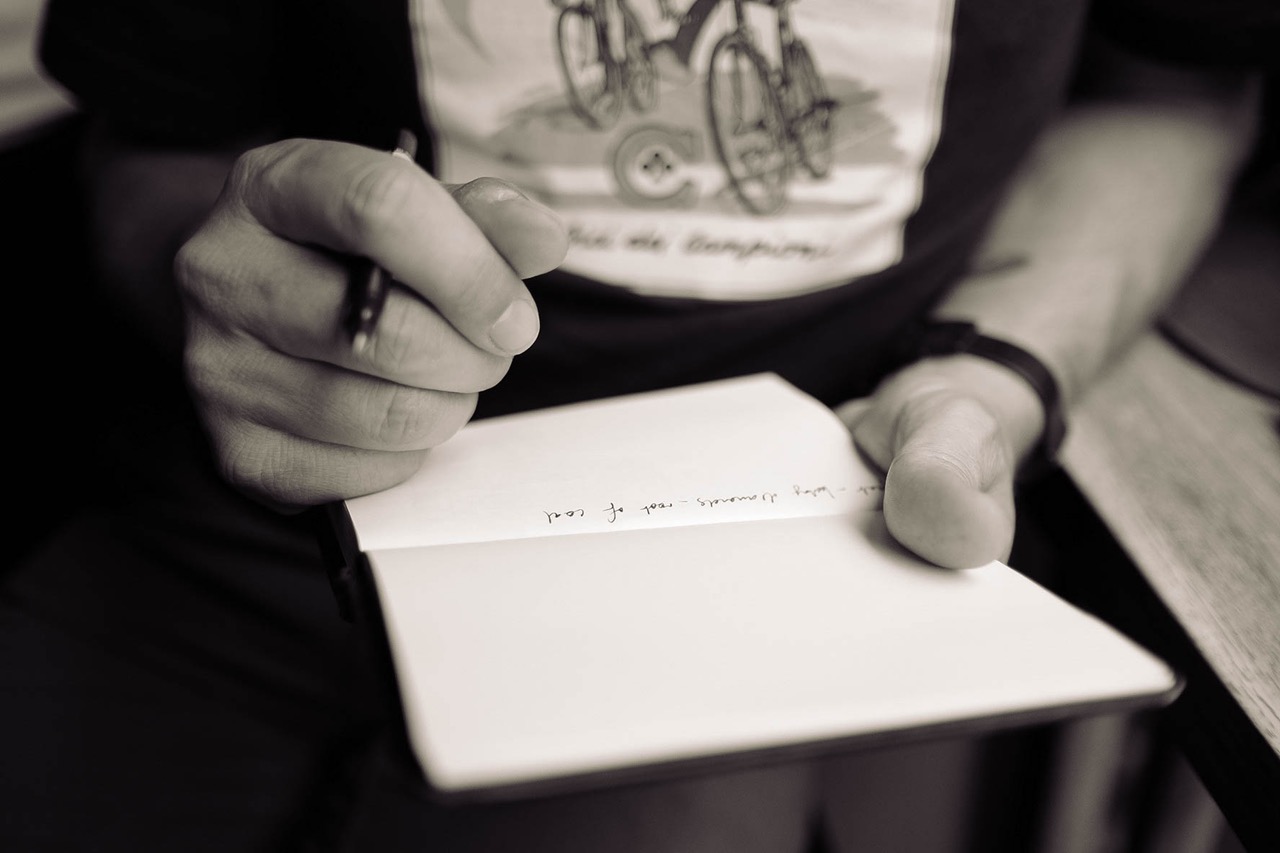Tips for Dealing With Inevitable Rejection

So, you’re a writer? Have you braced yourself to be rejected? And ridiculed?
People that you don’t even know will pick apart your work. They’ll say that their grandmother can write better than you. Well, at least that’s what happened to me. Recently.
You’re going to have to deal with a lot of rejection-- some of the rejection will be kind, and some of it downright mean spirited. Some of it will come from publishers, some of it will come from readers, and believe it or not, a lot of it will come from yourself. As you internalize the opinions of others, you’ll start to beat yourself up.
In the end, it’s going to make you a better writer. But right now, it feels like someone punched you in the stomach and left you there, gasping for air.
As a writer, rejection is inevitable, but that doesn’t make it any less painful. So, how do you deal with rejection? Let’s discuss.
Here’s a list of quotes from fellow writers on how to handle rejection. Subscribe to receive this extra resource.
Understand That Not Everyone’s Going to Get You
You’re not going to be everyone’s cup of tea. Be okay with that. Just remember: it’s not personal.
Believe me, I get it. After you’ve spent months, or even years, writing a novel, it feels very personal. You’ve shunned family and friends, sequestered yourself in front of a computer screen for hours on end, and documented an entire world that’s only visible within the boundaries of your vibrant imagination. You’ve painstakingly created characters that you’ve grown to love or loathe. Everything is real to you-- every single detail. It’s all personal.
But, in the world traditional publishing, it’s just business. Sometimes, the publisher simply doesn’t believe that your book has an audience.
That’s just their opinion. It may be an informed opinion; but, publishers have been wrong before. Just ask J.K. Rowling, Dr. Seuss, Agatha Christie, Alice Walker, C.S. Lewis, Stephen King, and just about every single best-selling author you can think of. Your manuscript may be so different that it can revolutionize or even define a new genre-- and not everyone’s going to be ready for that move.
But lucky for you, you have options. There are almost countless publishers out there and you can always explore the world of self-publishing.
Listen to the Criticism
Not everyone is going to tell you why they rejected your work; however, the blessed few who give you feedback are doing you a favor.
Whether the criticism is coming from agents, publishers, editors, or readers, it can be useful to know how others view your work. Sometimes, these criticisms are valid and will help you become a better writer.
I was once criticized for using too many words that end in “-ly” (i.e. suddenly, hopelessly, recklessly). At first, I recoiled in offense at the criticism, but then I realized that I was using “-ly” words as a crutch. The criticism actually challenged me to be a stronger writer. So, not all rejection or criticism is bad. Some of it can help you sharpen your craft.
(Disclaimer: I still use “-ly” words in relaxed discussions like this one, but in my prose, I take the circuitous route.)
But there are some criticisms that you should just ignore altogether. Criticisms that attack your ability as a writer (i.e. “You write like a child.”) or that make a blanket statement against your manuscript (i.e. “This story doesn’t have an audience.”), you should reject outright.
How can these criticism help you improve your craft? They can’t. Let that be the test on whether or not to accept the criticism. Ask yourself, "Does this feedback help me improve as a writer?"
Remind Yourself Why You Love Writing

At your lowest moment, after you’ve received your umpteenth rejection letter, sit down and write your own letter. This is a letter just for you. Explain to yourself why you love writing.
For me, I love writing because it’s the only thing that I’ve ever really been good at doing. I love how writing helps me figure out what I’m really thinking and feeling at the moment.
Now you try. When did you fall in love with writing? What writer inspired you to write and why? How do you feel when you write?
Pour it all out in your ode to writing. I guarantee that it’ll make you feel better. Why? It will remind you that writing is your identity, whether others accept it or not. It will shift your focus from the sting of temporary rejection to the lifelong passion of sharing your writing with others.
Empower Yourself Through Self-Publishing
Tired of getting rejection letter after rejection letter?
Sometimes you have to ignore the critics and move with passion. Self-publishing has propelled many rejected writers. Instead of pleading for acceptance from a traditional publisher, why not blaze your own trail and become your own publisher? If you’ve written a great story and you want to share it, don’t let anyone come between you and your audience.
That’s especially true now that you have access to great self-publishing tools like Amazon's Kindle Direct Publishing (KDP) and Nook Press by Barnes and Noble.
Let your haters become your motivators.
But, before you self-publish, definitely work with an editor to shape up your manuscript. We can help with that.
Stop Writing

Not permanently. Just take a temporary break from writing. When you’re recovering from rejection, it’s hard to motivate yourself to write anyway. A hike in the woods will do. A vacation to a place that you’ve never visited before will help, too.
The point is to get a change of scenery. Doing something completely different can help you come back with a renewed sense of your writer’s self.
Connect With Other Writers
You need to be friends with other writers. If you don’t know any personally, I recommend that you join online writer communities. Here, you can connect with fellow writers, and commiserate over the common bond of rejection.
It’s not just a gripe fest, though. These communities are a great source of support and encouragement. Writers who’ve been there and done that can help you work through your feelings of rejection. Plus, you’ll likely be able to find an experienced writer who’s able to mentor you through the publishing process.
See the Benefit of the Rejection
I’ve learned to use rejection as a way of toughening my thin skin.
One of my favorite writers of all time, Ray Bradbury, said this about rejection: “You have to know how to accept rejection and reject acceptance.” He knew a little bit about rejection. Bradbury was rejected over 800 times.
My takeaway from that quote is that acceptance doesn’t validate you as a writer. If you have a story to be told, tell it-- whether or not it’s accepted by the gatekeepers or the mainstream. Someone will find value in your story. You’ve just got to tell it.
Additional Resources
Before you go, check out these related posts:
Here’s a list of quotes from fellow writers on how to handle rejection. Subscribe to receive this extra resource




